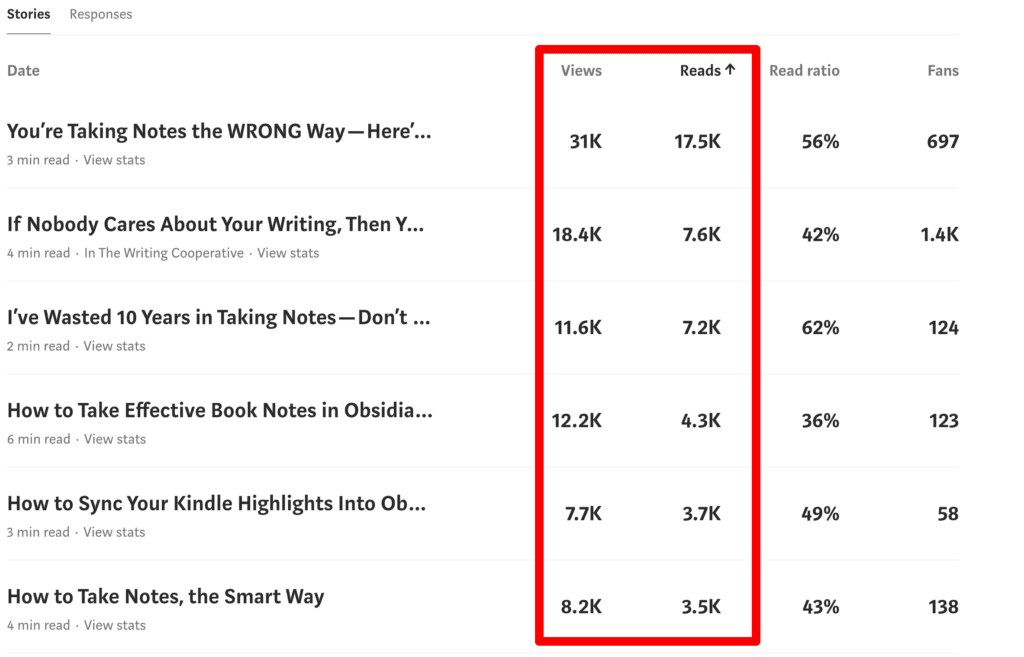Best Strategies For Picking A Oncologist Email list
Wiki Article
What Factors Should I Consider Prior To Buying A Cpa Email List?
When you purchase an CPA (Certified Public Accountant) email list, it's crucial to examine a variety of key aspects to ensure that the list is high-quality, compliant to legal standards, and relevant to your goals in marketing. Consider these factors: Data Quality and Accuracy
Source of data: Check the sources of the lists. Reputable providers usually gather information from trustworthy sources like professional directories or trade associations. Avoid lists that are created by scraping data or using unreliable methods, as they may contain outdated and inaccurate information.
Verification Process: Make sure that your email list has been recently verified. This can reduce bounce rates and ensures you are reaching valid, active email addresses. Find out whether the list is regularly cleaned and updated, as CPAs can frequently change their jobs or companies.
Segmentation and Filters: A well-designed CPA list should provide different ways to segment, including geographical location (city, state or country), industry specialization (e.g., taxation, auditing, financial planning) and years of experience or firm size. Your ads will be more relevant when you target your ads using the above-mentioned factors.
2. Legal Regulations
Data Privacy Laws – Ensure your email list complies the privacy laws governing data such as the General Data Protection Regulation, the California Consumer Privacy Act or any other local regulations. Email addresses should be obtained legally with the permission of all parties.
Compliance with the CANSPAM Act: The list used for U.S. commercial email campaigns must be in compliance to the CANSPAM Act. The list should provide opt-out options and avoid misrepresenting content or subject line. Failure to comply could result in penalties or legal problems.
Opt-in Consent - Make sure that the email addresses are accessed through consent to opt-in. The recipient must have granted their consent to receive emails sent by third-party marketers. This lowers the chance of receiving spam complaints, and also increases engagement.
3. Provider Reputation
Examine the reputation of the provider. Review case studies, reviews, and testimonials to gauge the experience of past customers. Established providers will be more likely to supply reliable, high-quality data.
Transparency: The provider should be clear about how the data was gathered and how frequently it's updated. If the method used by the company is not clear, that is a big red flag.
Customer Support - If you are in need of assistance for customizing of lists, troubleshooting problems, or compliance rules, then a reliable support team is essential. Support from a professional will help you save time and money throughout the campaign.
4. Cost and Return on Investment
Pricing Models. Different providers offer different pricing models. Some charge per contact, whereas others charge an annual fee or a subscription. Review costs against ROI goals, while balancing the cost and quality of the options.
Ask about refund policies. If you have an excessive number of incorrect or invalid email addresses, a majority of service providers offer a replacement or refund policy. A guarantee may give you security.
Do not solely concentrate on price. An inexpensive list might seem attractive, but it could result in low response or high bounce rates if it's low-quality. You should pay for lists that give the most value by providing accuracy in data and segmentation choices.
5. Ownership and Usage of Data
Single-Use or Multiple-Use. Multiple-Use: Determine if you're purchasing the list only to use for a specific time or if you own the data and can use it for ongoing campaigns. Costs for databases that are solely used may be lower, but you will have greater flexibility in the long run when you purchase the database.
Exclusive vs. shared lists: Determine if this list of email addresses is solely yours or is shared by several buyers. Shared list may result in audience fatigue since recipients have already been inundated with marketing emails.
6. Data Integration and Format
CRM Compatibility. Make sure your list is delivered in a format that works with the CRM program you use or for email marketing, such as CSV. This will allow for simple data management and import.
User-Friendliness: Find out how easy the data can separated and managed following the integration with your system. A well-organized database will improve the ability to target and personalize.
7. Ethical Aspects
Relevance: Because CPAs are very busy, it is crucial to provide them with information that is pertinent and useful. In the event that you send out spammy or irrelevant messages, it could damage your reputation and lead to more complaints.
Beware of sending too many emails Limit the number times you email your contacts. Insufficient communication could result in unsubscribes and spam complaints, or unsubscribes. This can negatively affect the reputation of your sender.
You will be able to draw your conclusions by clicking on the hyperlink below.
To make sure that your investment is worthwhile, you should prioritize the quality of your data and legal compliance when you purchase an email list from a CPA supplier. A well-planned segmentation strategy will allow you to get the most out of your engagement and ROI. Follow the expert cpa email list for more advice.

What Do I Need To Be Thinking About When Buying An Oncologist Email List?
It's crucial to ensure that the list of oncologists you purchase is of high quality legally enforceable and targeted to your marketing goals. Below are a few key aspects to think about: 1. Quality of data and accuracy
Source of information: Make sure that the list comes from reliable, trustworthy sources such as medical directories, professional organizations, or healthcare database. Beware of lists that are not reliable or unknown sources. They may contain inaccurate or outdated information.
Verification procedure: The list provider should have in place an effective validation process to ensure the emails are valid, active and correct. The provider should periodically update and clean the list to get rid of any invalid or duplicate contact.
Segmentation: A mailing list that is high-quality should allow for segmentation. Being able to filter the list by subspecialties (e.g., pediatric oncology, surgical oncology, hematology-oncology), geographic location, years of experience, or institution allows for more targeted outreach, increasing the likelihood of engagement.
2. Conformity to Legal Regulations
Data Privacy Regulations – Ensure that your email lists comply fully with all applicable laws. This includes the General Data Protection Regulations or GDPR in Europe and the California Consumer Privacy Act, or CCPA and the CCPA in the U.S.A. Email addresses should be taken into account, processed, and stored legally.
CAN-SPAM Law Compliance: For U.S.-based campaigns, make sure that your list is compliant with the CANSPAM Act, which regulates commercial email communications. This includes providing an opt-out option within your emails, using precise subject lines, and not informing recipients with misleading information. Failure to comply with the law could result in penalties and your reputation could be damaged.
Choose to opt-in. Check to ensure that all emails in the list are collected by opt-in consent. Oncologists need to have given consent to receive marketing communications. This will ensure compliance with privacy laws and lowers the risks of legal issues or complaints about spam.
3. Provider Reputation
Reputable Supplier: It is important to purchase your lists from a business that has a good reputation in the marketplace. You can assess the reliability of a service by looking at their history, testimonials, reviews and case studies. Established providers have a higher likelihood of providing accurate and legally compliant data.
Transparency: The company must be clear about the source of data and the frequency of its updating and verification methods. Lack of transparency may be a sign that data is not up to standard.
Customer Support: Select an organization that has responsive customer service if you need help with the list or queries regarding segmentation, integration, or compliance.
4. Cost and ROI
Pricing Structure: Know the pricing model, whether it's based on contacts or a fixed cost subscriptions. Think about how the price is aligned with your marketing budget as well as the your expected return on investment (ROI).
Refund or Replacement policy: A reputable service provider will offer refunds or replacement policies for inactive or obsolete emails. Make sure you understand the purchase terms before making a purchase to safeguard your investment.
Value for Money: Concentrate on more than cost. It's tempting to purchase a less expensive list, but it may result in causing your campaign harm if the outcomes aren't delivered as promised and low participation. You should prioritize quality and ensure that your list includes relevant and up-to-date information.
5. Ownership and use of data
The list is able to be used to run one campaign, or you may keep it for future use. A list that is owned by you can offer greater flexibility and value when you plan multi-campaigns.
Exclusive vs. Shared Lists. Find out whether the lists are only available to you or sold to multiple buyers. Exclusive lists tends to be more useful because they can reduce boredom among the audience which leads to increased engagement.
6. Data Format and Integration
CRM Compatibility - Ensure the list is able to be imported to your customer relationship (CRM) software or an email marketing tool. The list should be presented in a common format like CSV or Excel to ensure seamless integration.
Ease of Segmentation: The list must be simple to manage and segment within your CRM. It will be simpler to personalize your marketing by filtering quickly on criteria such as geographical location or subspecialties in oncology.
7. Ethical Considerations
Relevance: Oncologists are highly specific fields and are often on busy schedules. Be sure that your message is relevant to their needs or activities, such as medical equipment, continuing education, or advances in pharmaceutical technology. Unrelated emails could lead to a poor image and low engagement.
Avoid spam: Do not send unsolicited emails or excessive amounts of email. This could result in complaints regarding spam. Email your audience at a frequency that is reasonable to maintain their interest without overwhelming them.
The final sentence of the article is:
If you are purchasing an email list of oncologists put a premium on data accuracy. Make sure the list is designed to be segmented and tailored to your audience. When you consider these aspects, it's possible to develop an effective approach to outreach that increases engagement, while delivering excellent results. Check out the most popular oncologist email list for website advice.
